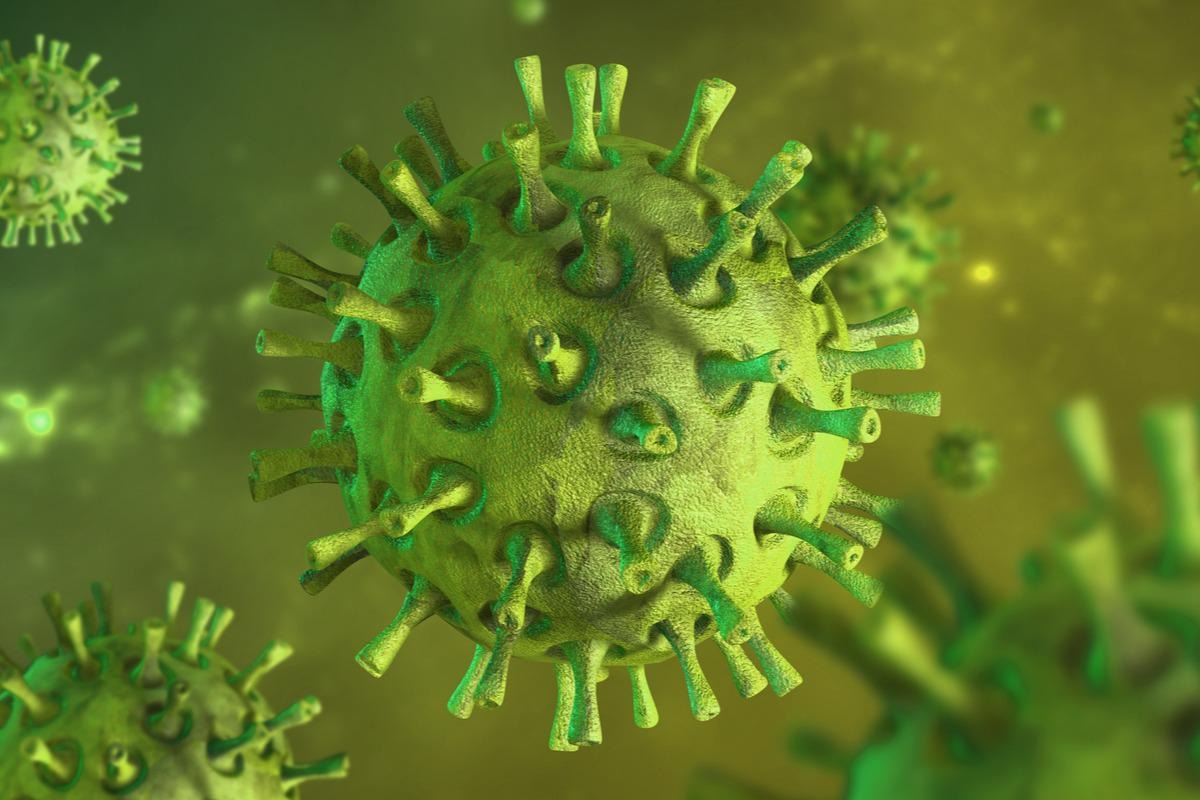A study to be published in the journal Nature has demonstrated that antibodies induced by two-dose coronavirus disease 2019 (COVID-19) vaccination or natural infection exhibit very low neutralizing activity against the omicron variant of severe acute respiratory syndrome coronavirus 2 (SARS-CoV-2). However, individuals immunized with three vaccine doses, or COVID-19 recovered patients with double or triple vaccination, exhibit considerable protection against the variant.
 Study: Activity of convalescent and vaccine serum against SARS-CoV-2 Omicron. Image Credit: Gowit Chanaken/Shutterstock
Study: Activity of convalescent and vaccine serum against SARS-CoV-2 Omicron. Image Credit: Gowit Chanaken/Shutterstock
Background
With the progression of the COVID-19 pandemic, several variants of SARS-CoV-2 have been emerged globally, including the Alpha, Beta, Gamma, Delta, and most recently, Omicron variants. Although most of these variants have exhibited improved fitness in terms of increased transmissibility/infectivity, an improved ability to escape host immune responses has mostly been observed for the Beta and Delta variants.
The most recently emerged Omicron variant of SARS-CoV-2 has so far shown significantly increased infectivity and outcompeted previously dominant Delta variant in many countries within weeks of its emergence. The variant exhibits heavily mutated spike protein, with at least 15 mutations in the receptor-binding domain (RBD) and eight N-terminal domain (NTD) mutations. Although there is limited data on Omicron’s immune escape ability, its mutational landscape suggests that the variant may significantly escape antibody-mediated neutralization.
In the current study, the scientists have investigated the binding and neutralizing efficacy of antibodies induced by natural infection, vaccination, or both against the Omicron and Beta variants of SARS-CoV-2.
The study cohort includes COVID-19 recovered individuals (convalescent) with or without vaccination and double or triple vaccinated (mRNA-based COVID-19 vaccines developed by Pfizer/BioNTech and Moderna) individuals.
The study
The in vitro virus neutralization was performed using serum samples collected from 15 convalescent individuals without vaccination, 20 double vaccinated individuals (Pfizer or Moderna), 20 triple vaccinated individuals (Pfizer or Moderna), 20 convalescent individuals with two vaccine doses (Pfizer or Moderna), and ten convalescent individuals with three vaccine doses (Pfizer).
Considering all 85 serum samples, a more than 14-fold reduction in neutralizing titer was observed against the Omicron variant. In 16% of the samples, the titer was below the detection limit. In contrast, only a 4-fold reduction in neutralizing titer against the Beta variant was observed in these samples.
Considering different study groups, more than 70% of convalescent samples showed undetectable titers against the Omicron variant. There were about 23-fold and 42-fold reduction in titer against Omicron for Pfizer and Moderna double vaccinated samples, respectively. However, the reduction was comparatively lower for triple vaccinated samples, with Pfizer and Moderna vaccines showing a 7-fold and 16-fold reduction, respectively.
In convalescent samples with Pfizer double vaccination, Moderna double vaccination, or Pfizer triple vaccination, the reduction in neutralizing titer against Omicron was 14-fold, 11-fold, and 13-fold, respectively. Overall, a strong neutralizing titer was observed in these samples.
Alike neutralizing antibodies, bindings antibodies can provide significant protection against SARS-CoV-2 through Fc-mediated effector functions. Retention of binding ability against highly mutated epitopes indicates the presence of cognate B cells. These B cells can be rapidly induced during variant-specific infection or vaccination, leading to a robust plasmablast response and rapid clearance of infection.
Regarding antibody binding to the RBD of Omicron, the highest reduction was observed in convalescent samples (around 7-fold). In more than 60% of early pandemic convalescent samples, the binding titer was below the detection limit. In contrast, a well-preserved binding titer was observed in samples collected from other study groups.
The analysis of antibody binding to the NTD of Omicron revealed only a slight reduction. This finding indicates that despite multiple mutations in key NTD neutralizing epitopes, a lower affinity antibody binding is maintained against these epitopes. Another reason could be the presence of many unmutated epitopes within the NTD.
Study significance
The study highlights the importance of a third vaccine dose (booster dose) in inducing robust neutralizing titers against the Omicron variant. Moreover, the study reveals that immunity induced by natural SARS-CoV-2 infection or two-dose COVID-19 vaccination is insufficient to protect against the Omicron variant. Overall, the highest benefit of vaccination has been observed among individuals with prior infection.
A well-maintained anti-RBD and anti-NTD binding antibody titer observed among vaccinated individuals could help protect against severe disease, which has been observed in omicron-infected cases with pre-existing immunity.
As mentioned by the scientists, the overall study findings highlight the need for developing variant-specific vaccines or immunizing individuals with a third vaccine dose.